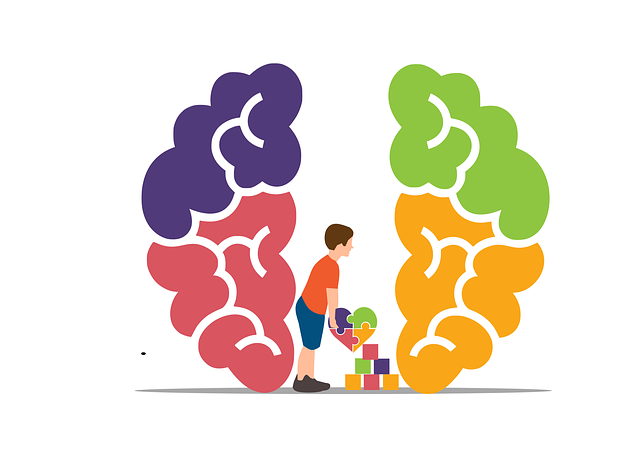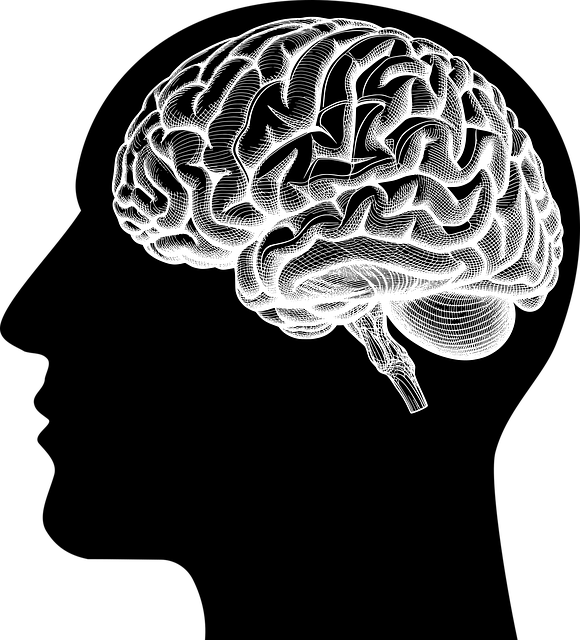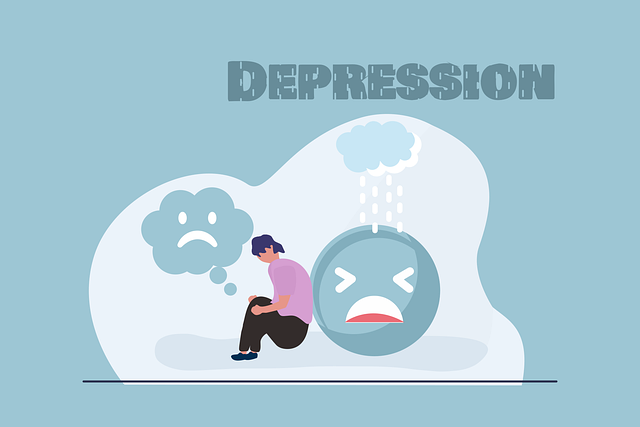Crisis Intervention Teams (CITs), comprising professionals from diverse fields including therapists from Parker Couples Communication Issues Therapy, are vital community resources for swiftly assessing and de-escalating high-risk mental health situations. Their training focuses on understanding mental illness, effective communication, and practical crisis management skills. Parker Couples Therapy emphasizes open dialogue, active listening, and cultural sensitivity to resolve relationship strain. Comprehensive CIT training programs integrate these techniques, enhancing well-being, productivity, and workforce resilience by fostering supportive environments that recognize and address distress signals promptly. Regular assessments and feedback mechanisms ensure the effectiveness of these programs in improving mental health outcomes.
In today’s complex social landscape, effective crisis intervention teams (CITs) are a vital resource for communities grappling with growing mental health challenges. This article explores the critical role of CIT training programs in equipping professionals with essential tools for managing crises. From understanding the dynamics of Parker Couples Communication Issues in therapy to addressing cultural sensitivity and diversity within team structures, we delve into the key components fostering successful intervention strategies. Real-world success stories highlight the profound impact these programs have on communities, demonstrating their effectiveness in mitigating crisis situations.
- Understanding Crisis Intervention Teams: A Vital Resource for Communities
- The Role of Communication in Parker Couples Therapy: Unraveling Conflict Resolution Skills
- Training Programs: Equipping Professionals with Effective Crisis Management Tools
- Addressing Common Challenges: Cultural Sensitivity and Diversity in Team Dynamics
- Real-World Impact: Success Stories and Measuring Effectiveness of Intervention Programs
Understanding Crisis Intervention Teams: A Vital Resource for Communities

In today’s world, where mental illness and emotional struggles are prevalent, Crisis Intervention Teams (CITs) have emerged as a vital resource for communities. These teams, often composed of trained professionals from various backgrounds, including therapists like those at Parker Couples Communication Issues Therapy, play a crucial role in providing immediate support during crises. CITs are designed to swiftly assess and de-escalate high-risk situations, offering necessary interventions to prevent further deterioration or tragic outcomes.
The primary focus of these training programs is to equip participants with the skills needed to handle crisis scenarios effectively. This involves understanding the nuances of mental illness, learning de-escalation techniques, and enhancing communication skills to build trust with individuals in distress. Moreover, CIT training emphasizes the importance of reducing the stigma associated with seeking help, fostering an environment where emotional healing processes can begin promptly. Through role-playing exercises and simulations, participants gain practical experience in managing diverse crises, ensuring they are prepared to make a tangible difference in their communities.
The Role of Communication in Parker Couples Therapy: Unraveling Conflict Resolution Skills

Effective communication is a cornerstone of Parker Couples Therapy, designed to unravel and resolve underlying issues that cause relationship strain. In this therapeutic approach, counselors facilitate an open dialogue between partners, helping them navigate difficult conversations with empathy and understanding. By teaching couples specific conflict resolution skills, such as active listening, non-violent communication, and constructive feedback, therapists empower partners to address their differences in a healthy manner.
Integrating cultural sensitivity in mental healthcare practice is crucial, ensuring that the therapeutic process respects and accommodates diverse perspectives. Mood management techniques are also incorporated, aiding couples in regulating emotional responses during intense discussions. Through these comprehensive strategies, Parker Couples Therapy equips individuals with the tools needed to transform negative communication patterns into productive dialogues, fostering stronger, more fulfilling relationships.
Training Programs: Equipping Professionals with Effective Crisis Management Tools

Effective crisis intervention team training programs are instrumental in equipping professionals with the necessary tools to manage and resolve critical situations. These programs go beyond traditional therapy models by integrating specialized techniques tailored for crisis scenarios. For instance, the Parker Couples Communication Issues Therapy approach emphasizes open dialogue and active listening, which can be adapted to de-escalate high-pressure situations within teams or between individuals.
Moreover, these training initiatives often incorporate elements of positive thinking, burnout prevention strategies, and social skills training. By fostering a supportive environment where professionals learn to recognize and address distress signals promptly, organizations can enhance overall well-being and productivity. Such holistic programs not only prepare participants for effective crisis management but also contribute to a healthier, more resilient workforce.
Addressing Common Challenges: Cultural Sensitivity and Diversity in Team Dynamics

In crisis intervention team training programs, addressing common challenges like cultural sensitivity and diversity in team dynamics is paramount. With our increasingly interconnected societies, it’s crucial for teams to navigate differences in background, beliefs, and communication styles effectively. For instance, Parker Couples Communication Issues Therapy highlights the importance of understanding non-verbal cues and nuances across diverse cultures, ensuring every team member feels heard and respected.
Incorporating mental wellness coaching programs that focus on self-esteem improvement and stress reduction methods can significantly enhance team dynamics. By fostering an environment where individuals feel secure to express their struggles openly, teams can better prepare for and respond to crises with empathy and cultural awareness. This holistic approach not only strengthens the team’s bond but also enhances their ability to provide comprehensive support to those in need.
Real-World Impact: Success Stories and Measuring Effectiveness of Intervention Programs

Crisis intervention team training programs have a profound real-world impact, with numerous success stories highlighting their effectiveness. These programs equip individuals with essential skills to navigate emotional and traumatic situations, ultimately fostering better mental health outcomes. By focusing on empathy building strategies and coping skills development, participants learn to provide supportive and compassionate assistance to those in distress.
A notable example involves Parker Couples Communication Issues Therapy, where trained intervention teams have successfully mediated crisis scenarios, preventing escalation and promoting positive resolutions. Measuring the effectiveness of such programs is crucial; through regular assessments and feedback mechanisms, organizations can gauge improvements in participant’s ability to apply learned techniques. Additionally, mental wellness journaling exercises provide valuable insights into the personal growth and coping abilities developed during training, further emphasizing the tangible benefits of crisis intervention team training.
Crisis intervention team training programs play a pivotal role in equipping professionals with the tools to manage and resolve crises effectively. By focusing on communication skills, cultural sensitivity, and diversity, these programs ensure that teams can navigate complex situations, such as Parker Couples Communication Issues, with empathy and expertise. The real-world impact of well-trained crisis intervention teams is undeniable, as success stories demonstrate their ability to deescalate tensions, foster positive outcomes, and create lasting change within communities. As these programs continue to evolve, their role in enhancing mental health support and fostering stronger, more resilient communities becomes increasingly crucial.














